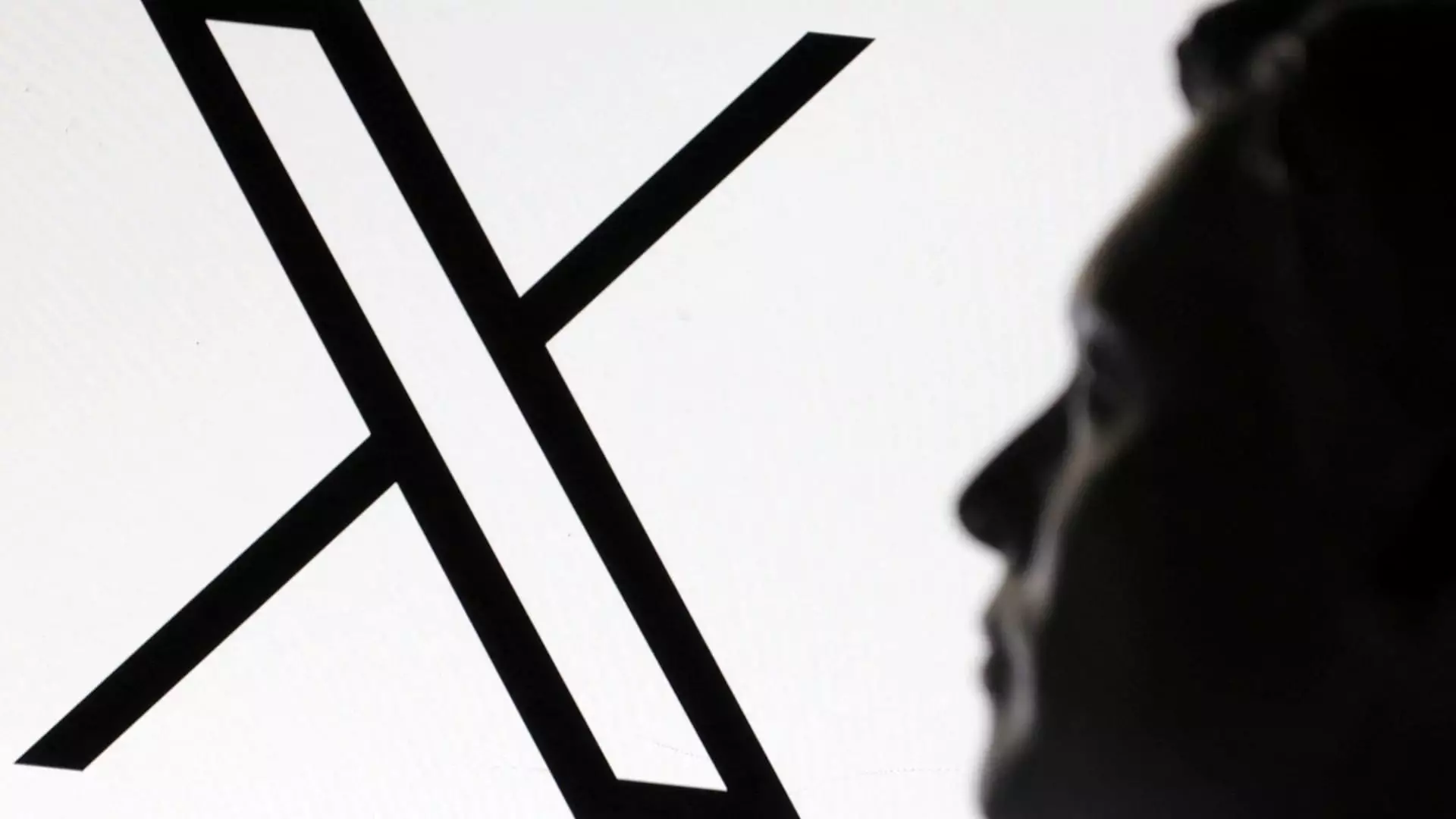In an era where free speech is increasingly under siege, the recent actions by French authorities against the social media platform X (formerly Twitter) exemplify a troubling trend: governments weaponizing legal mechanisms to curb dissent and manipulate digital narratives. The investigation into X’s algorithms and alleged data tampering, purportedly driven by political motives, reflects a broader pattern of state overreach under the guise of safeguarding democracy. This approach risks undermining the core principles of transparency and individual autonomy that are vital in a liberal society. It is not merely about the legitimacy of the investigation—it is about the dangerous precedent it sets when authorities interfere with private digital platforms to serve partisan interests.
The French government’s relentless pursuit of X, fueled by complaints from politically connected individuals, reveals a partisan agenda disguised as a legitimate regulatory effort. When a nation enforces probes targeting a platform’s internal algorithms without clear, evidence-based grounds, it threatens the very fabric of free enterprise and free speech. Such interventions undermine the trust users place in digital platforms and threaten to turn them into pawns of state political agendas rather than arenas for open discourse. Governments wielding investigative power to intimidate or silence platforms perceived as inconvenient should be viewed with suspicion, particularly when these efforts appear fueled by external political pressures rather than genuine concerns about data security or illegal activity.
The Manipulation of Legal Systems for Political Gains
One of the most concerning aspects of this saga is the way legal frameworks are being manipulated to achieve political goals. French authorities, by demanding unprecedented access to X’s proprietary algorithms and real-time data, are crossing a line that should be reserved for criminal activity—not political disagreements. The platform’s refusal to comply, citing legal rights and the risk of violating free speech, highlights the importance of maintaining checks and balances that prevent laws from becoming tools of censorship.
This case underscores a broader issue: the use of investigative authority as a lever for ideological suppression. France’s investigation, initiated following complaints from influential figures, seems less about transparency and more about exerting pressure on a platform that challenges traditional narratives or political interests. Discrediting platforms by framing them as manipulated tools for foreign interference or misinformation conveniently serves to justify intrusive oversight. However, it also undermines the legitimacy of true investigations into electoral interference or data security when used as political weapons. The blurring of these lines weakens societal trust in both legal institutions and digital civil liberties.
The Perilous Role of Biased Compromises in ‘Expert’ Analysis
Adding fuel to the fire is the selection of critics and so-called experts involved in the investigation. X’s criticism of two individuals, David Chavalarias and Maziyar Panahi, exposes a troubling bias that taints the credibility of the entire process. When authorities select individuals with documented hostility or partisan campaigns against the platform, it casts a shadow over the fairness of the investigation. This is no longer a neutral process but a predetermined political spectacle designed to justify sweeping regulations or sanctions.
The perception—and reality—of bias in such investigations damages public trust. If government bodies rely on experts with demonstrable opposition and partisan agendas, results become predictable rather than impartial. This heralds a dangerous future where the integrity of investigations is compromised, and platforms are judged not on their compliance with legal standards but on politically motivated verdicts. A fair assessment must be rooted in objective, unbiased analysis—something that appears increasingly unlikely in cases clouded by personal animosities and ideological decisions.
A Clarion Call for Center-Right Liberal Vigilance
Amid this chaos, a center-right liberal stance must emerge—defending free speech from overreach while advocating for reasonable regulation. The state’s role should not be to serve as a censor or a political tool but to ensure platforms respect legal and ethical standards without restricting fundamental rights. Governments need to recognize that in the digital age, safeguarding free expression is better achieved through transparency, respect for privacy, and due process—not by aggressive investigations that threaten open discourse.
The disruption of digital civil liberties by politically motivated investigations undermines the foundations of liberal democracies. It is essential for responsible leaders and civil society to stand firm against these encroachments, demanding accountability and fairness. The freedom of digital spaces isn’t a privilege granted by governments but a fundamental right that must be protected, especially from powerful state entities wielding their influence to suppress dissent and manipulate narratives. Only through vigilance and principled resistance can society uphold the values that underpin a free, open, and dynamic democratic order.

